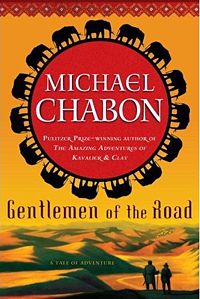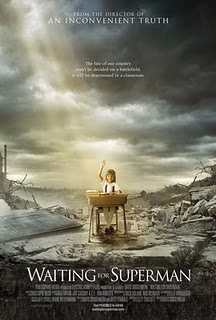 We managed to watch all of Chinatown last night, and I'm glad we did because it requires sustained attention. Right down to the final three minutes, the movie constantly surprises and manages to play against genre convention to great effect.
We managed to watch all of Chinatown last night, and I'm glad we did because it requires sustained attention. Right down to the final three minutes, the movie constantly surprises and manages to play against genre convention to great effect.I've always enjoyed film noir - the chiaroscuro filming, the twisting plot, the air of dread punctuated by witty one-liners - but I recently discovered I have a limit in my toleration of it. While in New York, I read James Ellroy's The Black Dahlia. Ellroy's prose is sharp and his pacing impeccable, but spending a week with my head in that dark space, I knew that the film version of noir suits me better than its literary cousin. Two hours is about all I can take of the genre's relentless pessimism.
Chinatown is unique in the way it flaunts typical noir conventions. It is a colorful noir, taking place primarily during the day. In fact, the sun's bright wash plays the same role shadow does in films like The Maltese Falcon - evil deeds hide in its embrace. The film features a main character who isn't completely hard-nosed and thick-skinned. Jack Nicholson plays Jake Gittes as a romantic, even telling his potential clients they should go home and forget about any possible adultery because knowing causes more pain than wondering. Better to work things out than have a marriage irrevocably destroyed. However most intriguing to me was the film's use of the Black Widow archetype. Throughout the night, Joy and I kept telling Jake not to trust Faye Dunaway's character Evelyn Mulwray. After all, in noir, the beautiful woman brings about the detective's downfall. But in Chinatown, all rules are off and Evelyn becomes the most fascinating and compelling character because she doesn't act in the way we expect.
So far, we're two for two. Now for something a little lighter - The Producers




No comments:
Post a Comment